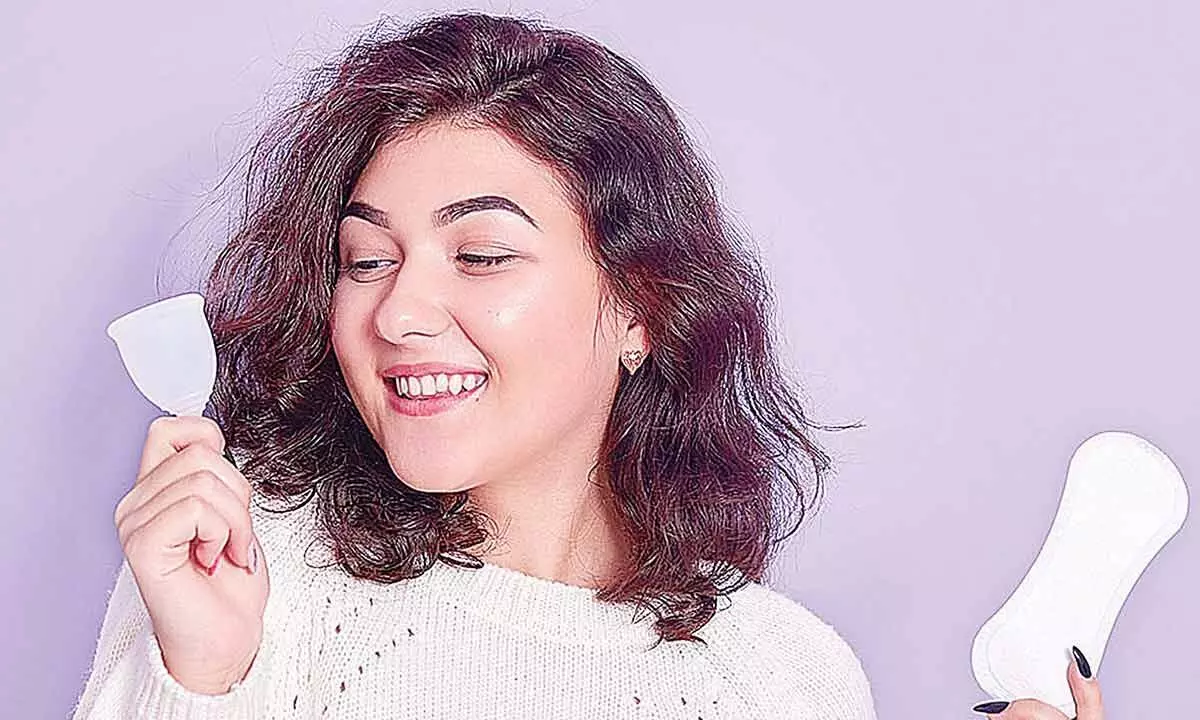Do you make any of these menstrual hygiene mistakes?

Do you make any of these menstrual hygiene mistakes?
It’s important to treat your body well and regularly practice proper hygiene, especially when it’s your time of the month.
It's important to treat your body well and regularly practice proper hygiene, especially when it's your time of the month. Thankfully, most of us are lucky enough to have access to clean water and a wide variety of affordable menstrual products. I get a lot of questions regarding hygiene during menses, which helps me identify some of the more common mistakes women are making in the process.
Don't use scented toilet paper, tampons or pads
These can be very irritating to your skin and might even cause burn-like symptoms. Make sure all of your products are fragrance-free and don't contain additives like aloe. For some, organic products might be a better pick because they don't include pesticides or other chemicals.
Don't wait to take medications until your cramps are bad
If you usually suffer from cramps, you should not take medicine without doctor consultation.
Don't avoid tracking your period
Your menstrual cycle can be a valuable marker for your overall health. In fact, conditions including diabetes, thyroid dysfunction, celiac disease and even some cancers can present through irregular menses. Use-tracking apps, this may help you to be healthy.
Don't wash your vagina and vulva too thoroughly
This can throw off your pH balance, leaving you more vulnerable to yeast infections and bacterial vaginosis. Try using a feminine oral probiotic, like Fem-Dophilus or IsoFresh, if you think you're prone to these infections. It's important to remember vaginal discharge will change throughout both your menstrual cycle and your life. Sometimes there will be more, and sometimes there will be less. Discharge isn't always a worrisome indicator. Rinse the vagina and vulva with water only, and the groin can be washed with a perfume-free natural soap.
Use reusable menstrual cups
You can wear a menstrual cup for 6 to 12 hours, depending on whether or not you have a heavy flow. This means you can use a cup for overnight protection. You should always remove your menstrual cup by the 12-hour mark. If it becomes full before then, you'll have to empty it ahead of schedule to avoid leaks. Reusable menstrual cups should be washed and wiped clean before being reinserted into your vagina. Your cup should be emptied at least twice a day.
Don't let cravings win
If you're not eating healthy or interrupting your regular exercise routine during your period, this will likely only lead to more bloating and mood swings. Continue following your healthy eating habits and get to the gym! You'll feel much better at the end of the day.
Drink lots of water, too. This will keep you hydrated and help with the bloating and swelling that comes with hormonal fluctuation.














